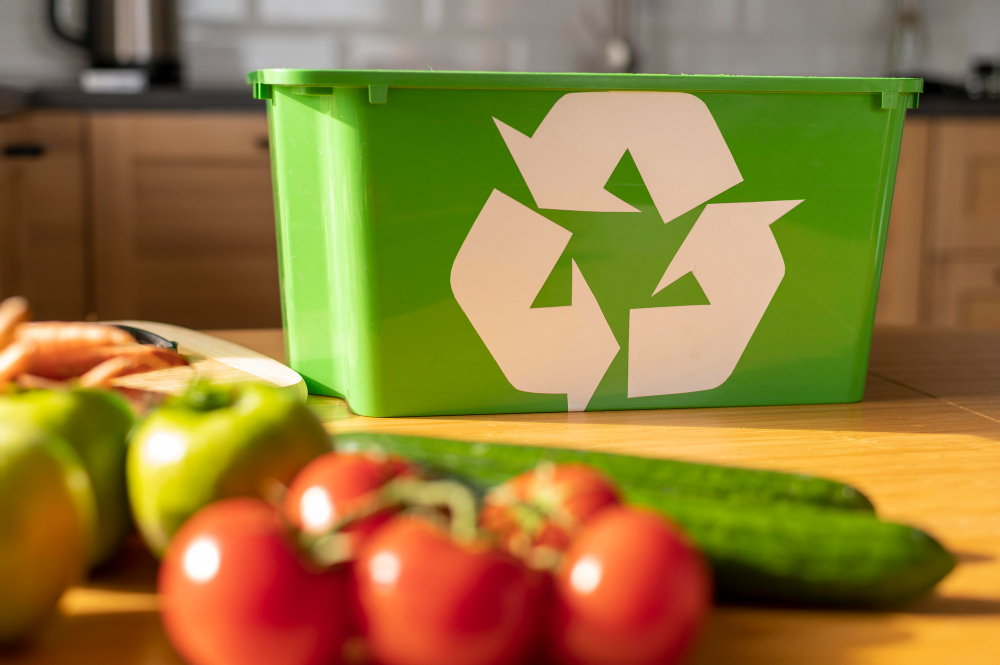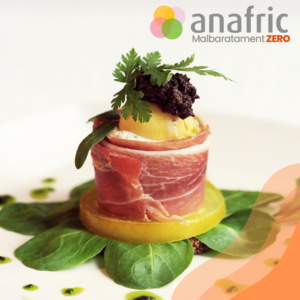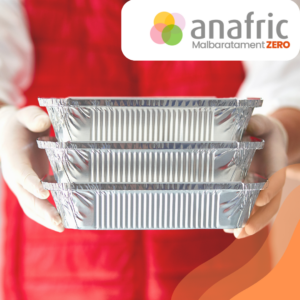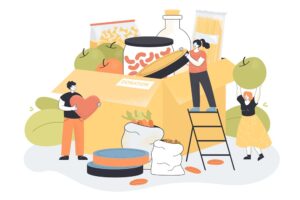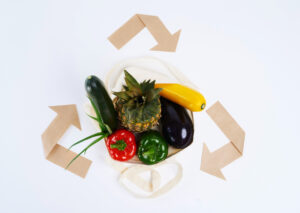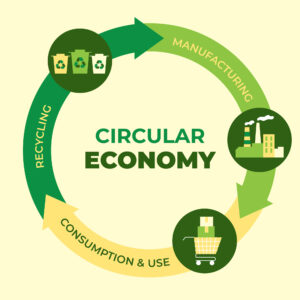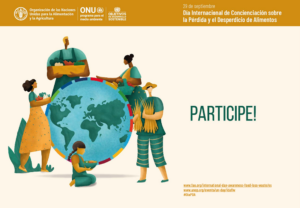For the first time, Spain is equipped with a legal framework to prevent food waste, with a focus on prevention and awareness. Minister Luis Planas points out that avoiding food waste is a "categorical imperative" that involves society as a whole.
Les empreses de la cadena alimentària han de tenir un pla de prevenció que permeti identificar on es produeixen les pèrdues i implementar mesures per minimitzar-les.
An essential aspect of the law when food waste occurs is the hierarchy of priorities. The highest priority will always be human consumption, through the donation or redistribution of food and, when this is not possible, other uses will be sought such as, for example, jams, feed or compost.
The bill establishes good practice measures, such as encouraging the consumption of products considered unsightly, seasonal and organic foods.
Hospitality companies will have the obligation to allow the consumer to take away the food he has not consumed at no additional cost in reusable or easily recyclable containers, although he must charge for single-use plastic containers as established the Waste Law 7/2022.
The law also articulates good practice measures in matters such as the sale of imperfect products; of seasonal, local or organic products. And also for the sale of products for preferred consumption or near expiration.
According to estimates by the Food and Agriculture Organization of the United Nations (FAO), approximately 1.3 billion tons are wasted in the world annually, which represents 30% of the food produced.
For a few years now, the Ministry of Agriculture, Fisheries and Food has been measuring the waste that occurs inside and outside the home. Thus, during the year 2022, Spanish households registered a total waste of 1,170.45 million kilos or liters, with a decrease of 6.1% compared to the previous year and a notable decrease of 13.5% with respect to the pre-pandemic period, in 2019.
Imatge de Freepik

